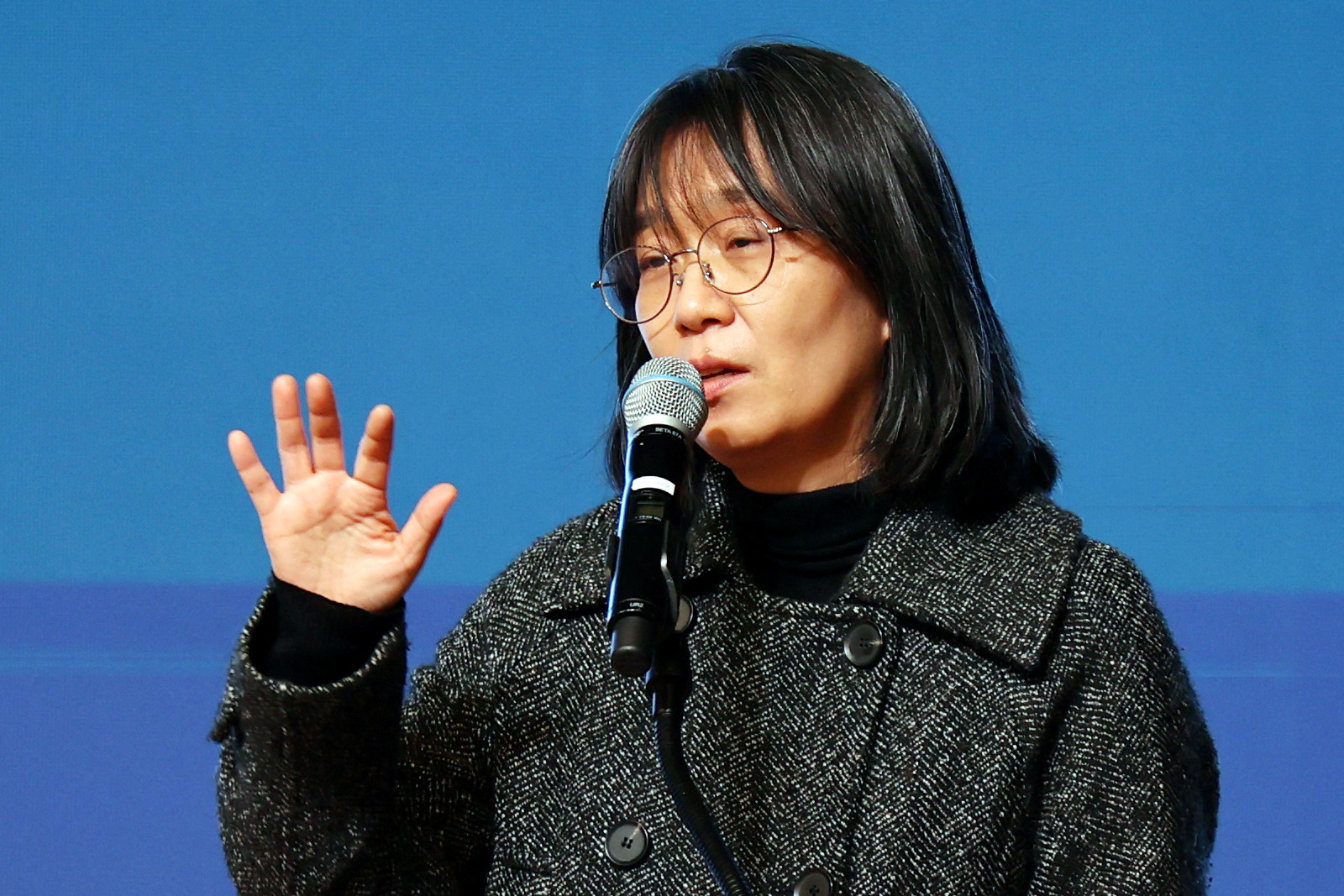Mannat Saini, Pune
South Korean author, Han Kang was awarded the Nobel Prize in Literature 2024, “for her intense poetic prose that confronts historical traumas and exposes the fragility of human life,” said Anders Olsson, chair of the Nobel committee. According to the Nobel Press Conference, who are in charge of the Nobel Prize, Kang is the first South Korean writer to have been awarded the title.
The literature laureate is renowned for her empathy for extreme life stories that are reinforced and expressed through her metaphorical writing style.
The 53-year-old author began her career in 1993, with the publication of her poetry in the magazine ‘Literature and Society’. She made her debut in prose in 1995 with a short story collection titled ‘Love of Yeosu’. This followed several other remarkable prose, both in the form of novels and short stories. Some of her world-known works are The Vegetarian, The White Book, Human Acts, and Greek Lessons.
Han Kang, who was born in Gwangju, South Korea, gained considerable international attention for her compelling and often evocative writing technique. Her writing often unfolds alongside personal and collective trauma, which glares at its lasting impact on humans and society as a whole.
Arguably, one of Kang’s most renowned novels, “Human Acts”, exemplifies her approach to literature. The novel is based on the historical backdrop of the real-life Gwangju Uprising of 1980, where several hundred students and unarmed civilians brutally lost their lives. With the use of multiple narratives, Kang was successful in her raw and haunting portrayal of violence, resilience, and memory.
Yet another one of Kang’s novels, “The Vegetarian” won the Man Booker International Prize in 2016. Just like all her previous work, this novel explores the boundaries between the body and the self, violence, and peace.
The Nobel Committee also took note to highlight Han’s ability to beautifully blend the physical and mental aspects of human suffering in her writing style. This “double exposure of pain,” as described by the Nobel Committee, is a persistent theme in her body of work, often drawing daunting connections to philosophical traditions.
The Nobel Prize in Literature is considered to be the most prestigious title and is worth approximately $1 million.
